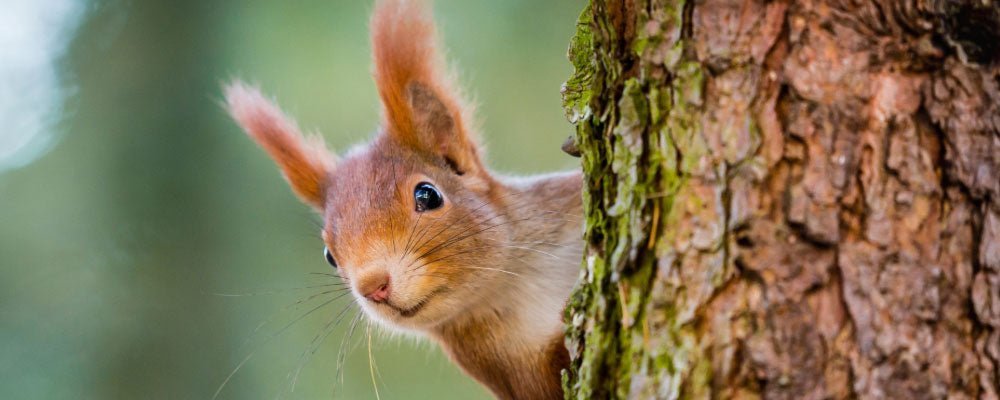
Will Red Squirrels become extinct in the UK?
It is impossible to say. There is no doubt that we are in severe danger of losing the last of the red squirrels still resident in their native habitat of broadleaf woodland.
Where you can find Red Squirrels in the UK today?
There are a few left in Cumbria, some in Scotland, Wales, East Anglia and Ireland. These populations are all vulnerable to invasion by grey squirrels, and at the moment, very little can be done to prevent the grey squirrels taking over.
The Isle of Wight is probably the only place in central and southern England where you can find red squirrels in native woodland, and even here there has been talk of a road link with the mainland which might allow invasion by the grey hordes.
What is being done to protect Red Squirrels?
It seems unthinkable that we would ever let the red squirrel go extinct in the British Isles and certainly, its status as a declining and threatened species has firmly placed the species on the conservation agenda.
In 1981, the species was included in the list of fully protected species under the Wildlife and Countryside Act, the primary legislation for all wildlife in the UK. Later in 1995, the government published series of Biodiversity Action Plans (UK BAP), including targets and actions for the Red Squirrel to be implemented by regional and local groups such as local BAP groups or squirrel fora within individual counties.
To help co-ordinate action, provide support and give advice, the UK Red Squirrel Group has formed with membership from all the Statutory Nature Conservation Organisations, The Wildlife Trusts, and the Forestry Commission. As part of the red squirrel conservation strategy, a number of regional projects have now formed in Scotland, Northern Ireland, Wales and northern England.
One of the important recommendations of the red squirrel Species Action Plan is to carry out long-term monitoring to assess population trends in the different areas where the species survives and to monitor the effects of interactions with grey squirrels.
It is also important to monitor the populations to assess the effects of conservation management on local populations. Conservation action has to be under-pinned by sound science and it is equally important to continue Squirrel Poxvirus research to try to develop a vaccine.
Other research topics include how best to improve habitat management and how to manage grey squirrel numbers effectively and prevent their non-lethal control. We might even look into methods such as developing a contraceptive for grey squirrels.
The future of the red squirrel in the UK is uncertain, but the initiatives that are underway will seek to place it securely on the road to recovery it is hoped.



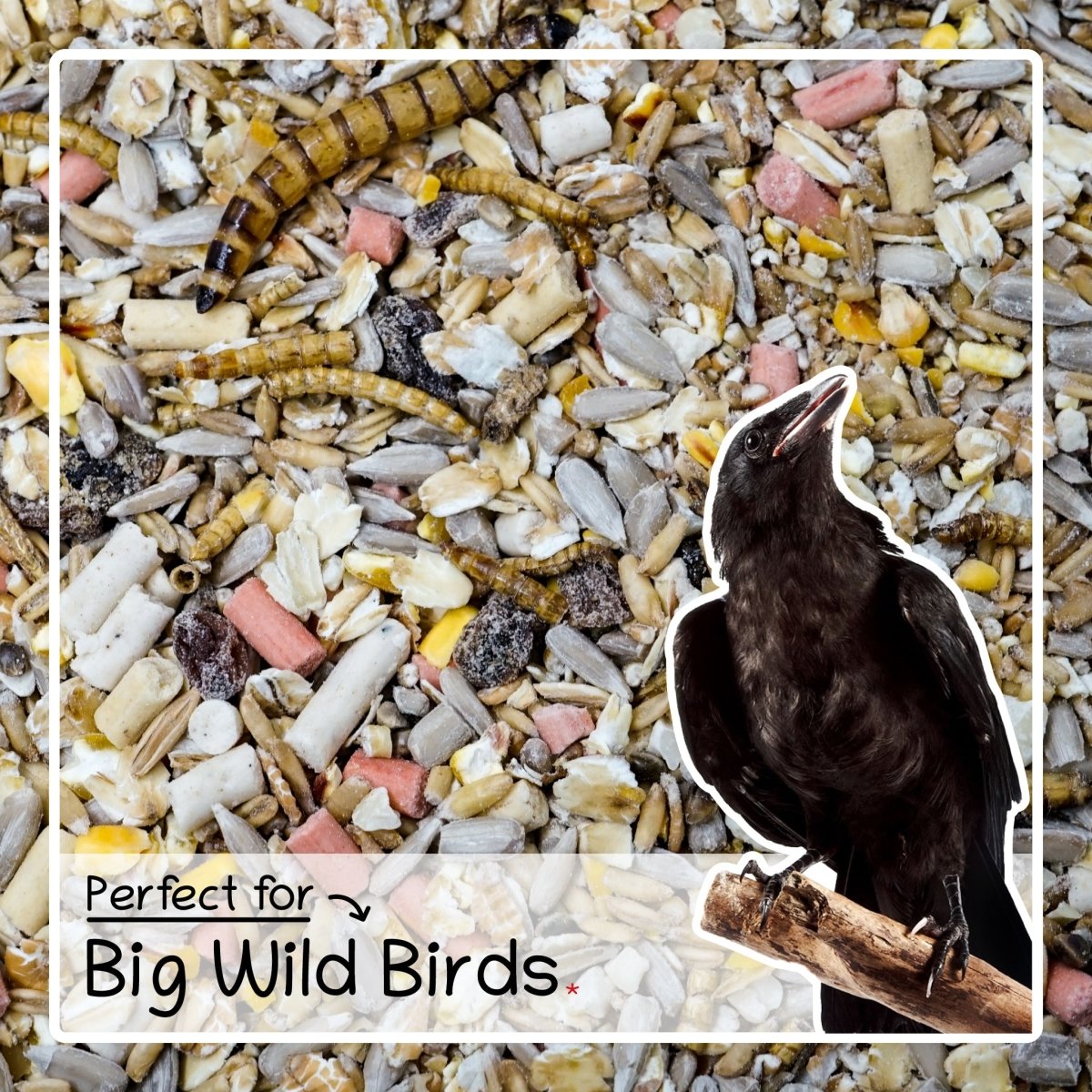



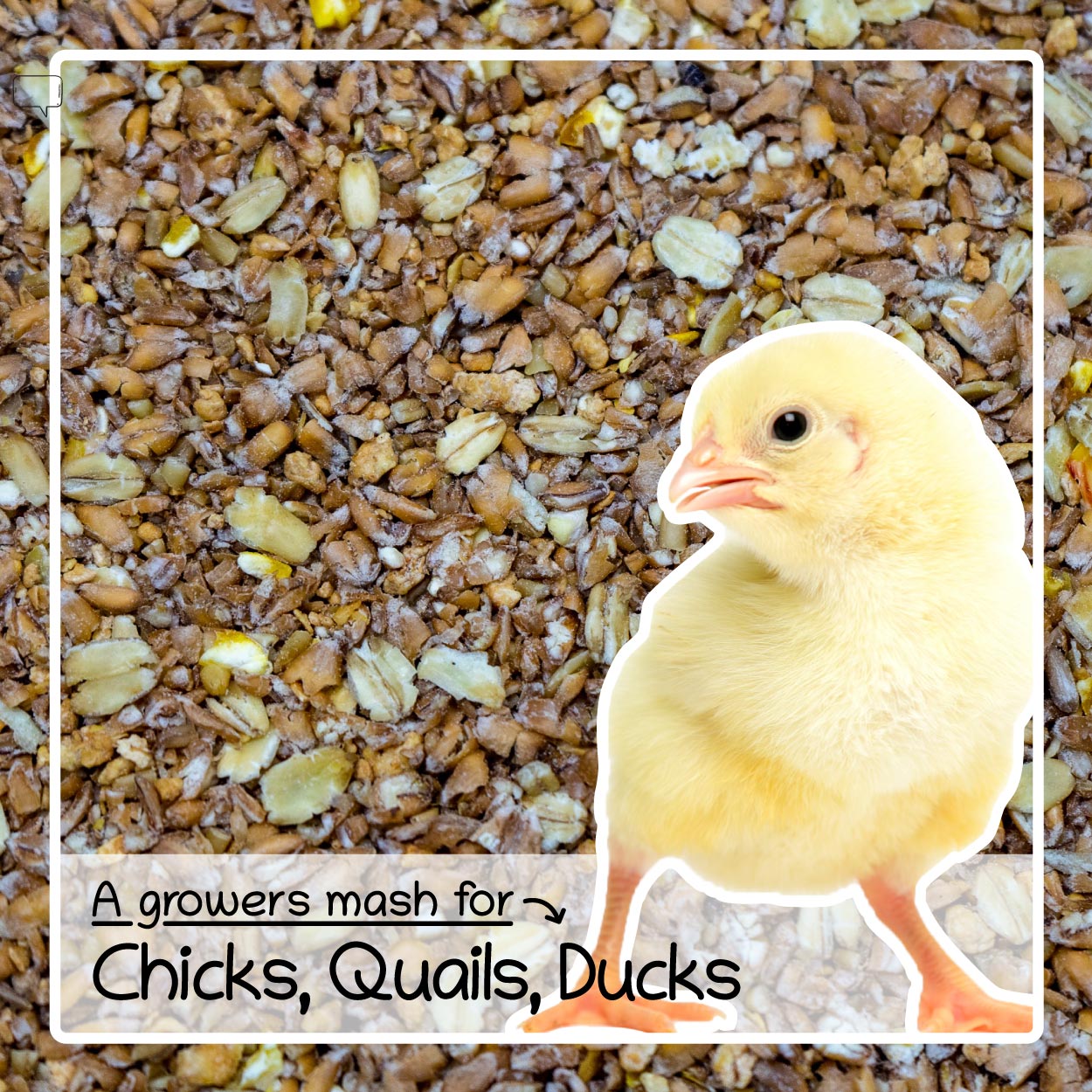
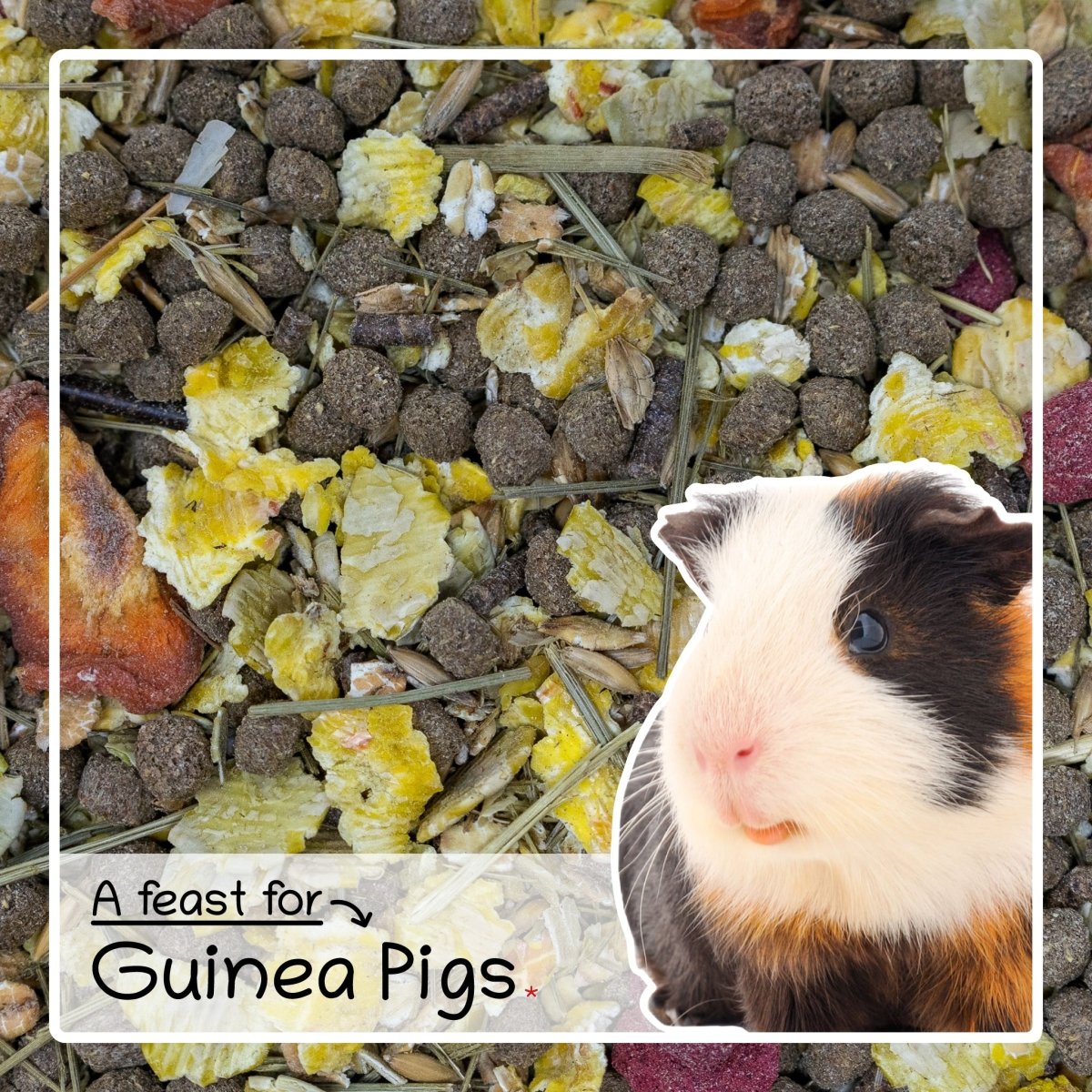





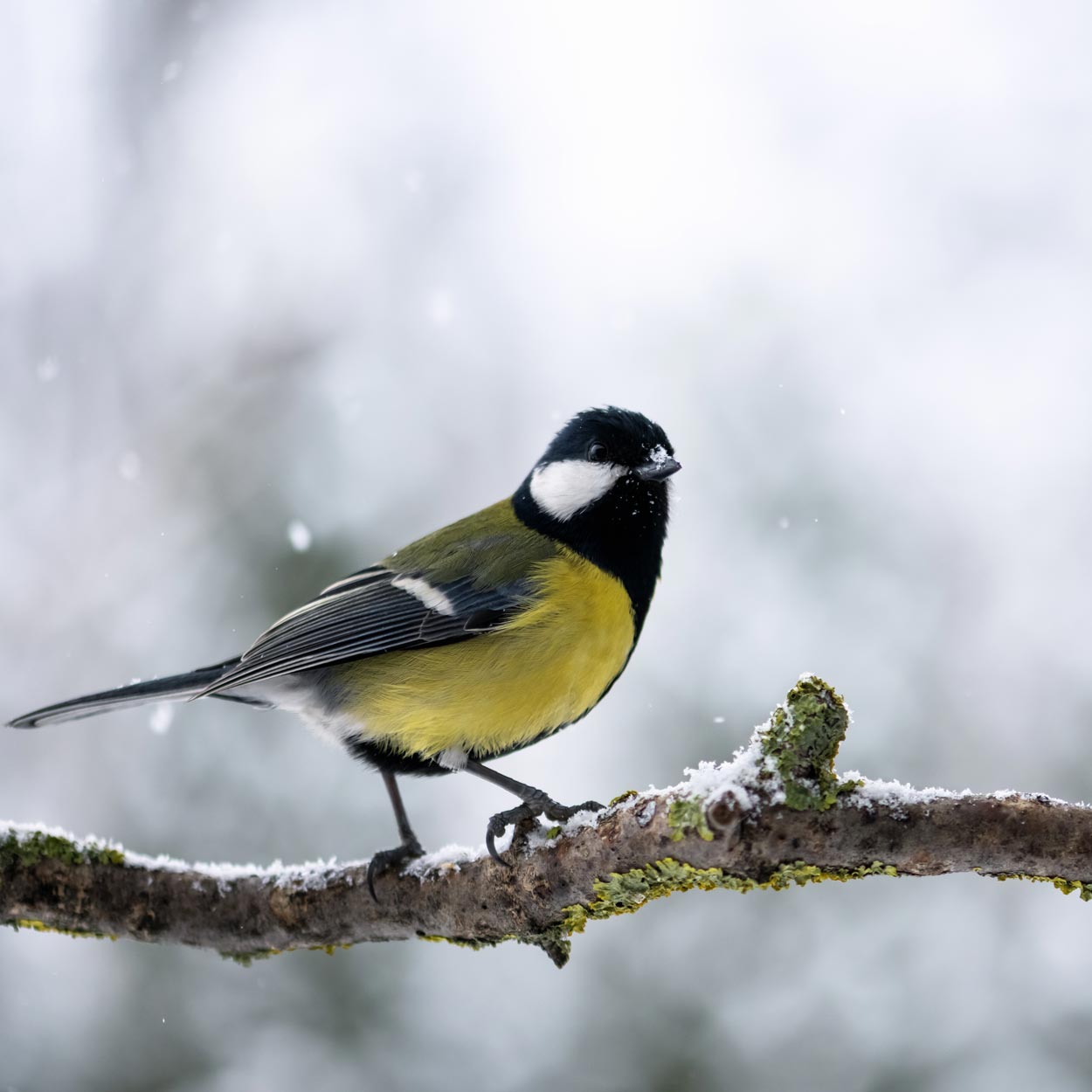
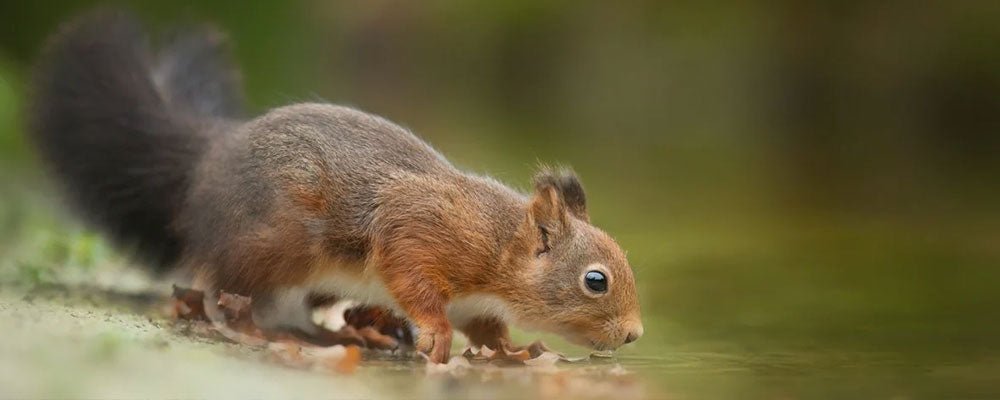
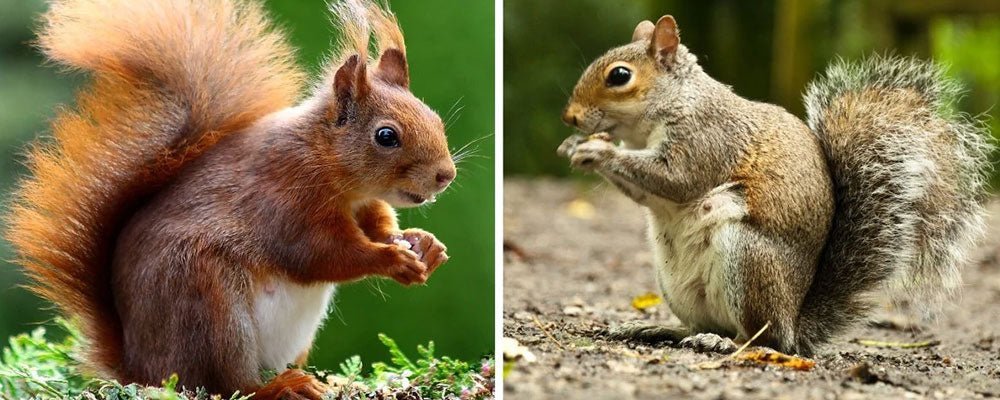
Leave a comment
This site is protected by hCaptcha and the hCaptcha Privacy Policy and Terms of Service apply.